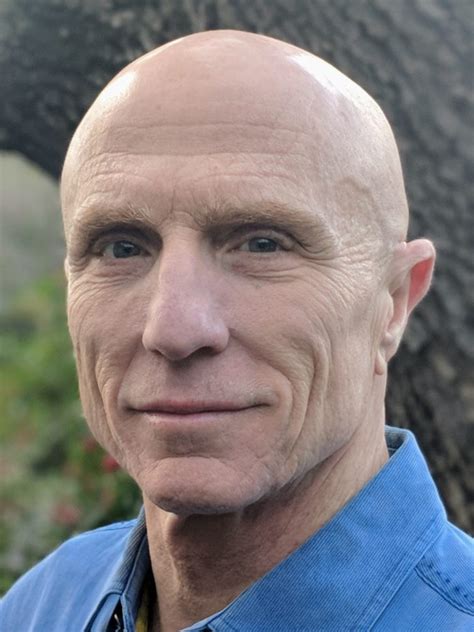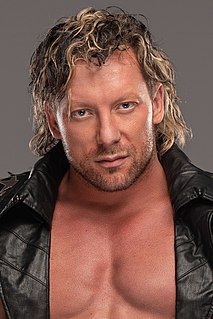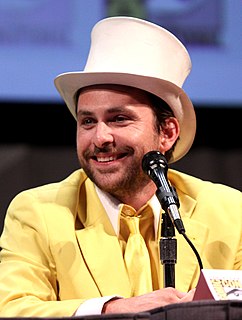A Quote by Pamela Druckerman
To grow up without risk is to risk not growing up.
Related Quotes
To laugh is to risk appearing a fool. To weep is to risk appearing sentimental. To reach out to another is to risk involvement. To expose feelings is to risk exposing your true self. To place your ideas and dreams before a crowd is to risk their loss. To love is to risk not being loved in return. To hope is to risk pain. To try is to risk failure. But risks must be taken, because the greatest hazard in life is to risk nothing.
Most of the time, your risk management works. With a systemic event such as the recent shocks following the collapse of Lehman Brothers, obviously the risk-management system of any one bank appears, after the fact, to be incomplete. We ended up where banks couldn't liquidate their risk, and the system tended to freeze up.
The risk of working with people you don't respect; the risk of working for a company whose values are incosistent with your own; the risk of compromising what's important; the risk of doing something that fails to express-or even contradicts--who you are. And then there is the most dangerous risk of all--the risk of spending your life not doing what you want on the bet that you can buy yourself the freedom to do it later.
Whenever you're in a natural system and you're making sound, you are putting yourself at risk. As you go up the evolutionary ladder, from insects to frogs to birds and on up into mammals, the higher intelligence recognizes that when you vocalize, you put yourself at risk. So mammals generally vocalize or make noise much more rarely than, let's say, insects or frogs. And when they do, and put themselves at risk, it has to be worth the risk, and have true meaning, such as signaling during a hunting party, calling in prey, some religious or spiritual ceremony, something like that.
If all other risk factors are normal, and you exercise moderately, your risk of having high CRP is one in 2000, .. A person who is a little overweight, with blood fats and cholesterol a little elevated, maybe with a little bit of high blood pressure -- we didn't used to think that having several of these little risk factors were a big deal. But it is. These little risk factors add up in a way that is worse for you than one big risk factor.






































